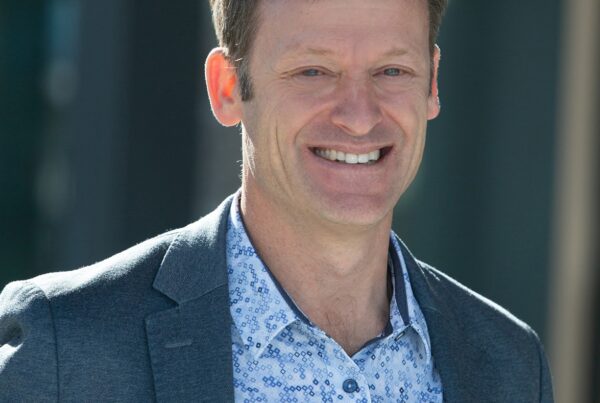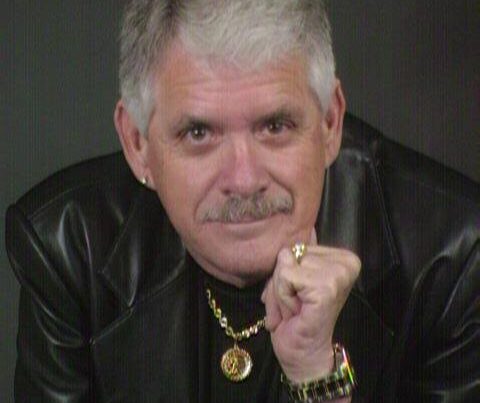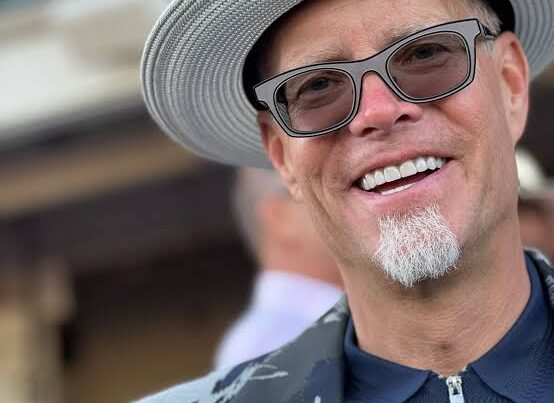Podcast: Play in new window | Download
Subscribe: RSS
The world is changing and a new model of business is necessary.
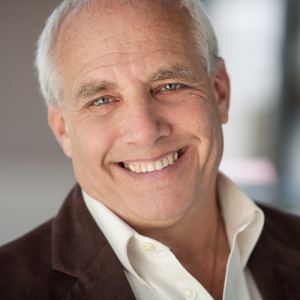
Norman Wolfe
Norman Wolfe, founder and CEO of Quantum Leaders, is a leading voice in bringing about a transformation in the core paradigm of business by applying principles of nature to organizations.
He is a 15-year veteran of Hewlett Packard, has led companies large and small, been a public company director, and has over 30 years consulting and mentoring leaders in a wide range of industries.
He is the author of The Living Organization, an application of the core principles of how the world works, to how organizations and individuals can create extraordinary impact.
What We Discuss With Norman Wolfe In This Episode
- How the current way we look at business organizations is broken
- Why the key to success is building a new model for business that makes the old one obsolete
- What we can learn from the way nature adapts and responds to changing environments
- The core principles of a Living Organization
- The objectification of organizations and its impact on employee engagement
- The paradox of habits
- The importance of shifting context within organizations to create desired change
Episode Transcript Highlights
The Old System Is Broken
There’s a lot of talk in business today about trying to make organizations resilient, adaptable, creative, and innovative. People are trying to adjust the old system and they’re failing at a rate of 70%.
The problem is that we’re following a way of operating an organization that literally cannot achieve the goals we want.
We typical think of an organization from a mechanistic view – we plan, organize, lead and control. That means the leader physically designs the machine or tool and everyone is supposed to follow along.
“Our people are our most important assets.” – This is a mechanistic view of people, as parts, assets or things that make the machine work properly. The thing about machines is that they are not very adaptable, so they need to be redesigned. We call that change management.
What We Can Learn From Nature
Looking at nature – living systems likes trees, birds, animals – they are highly adaptive, they respond to their environment. They shift and change as need be.
Human beings are also highly adaptive, if we’re not part of a big machine.
What if we looked at the human body as a living organization? It is the most efficient, effective, creative, and innovative organization. It has 300 billion employees called cells. We know now that cells are sentient beings – in other words, they are thinking entities.
Think of an organization as a person, as a being, with a soul and purpose.
The first thing is to realize that it’s not about creating a Living Organization, it’s shifting the lens. See it as person and give it a name. Is it more masculine or more feminine? Is it more introverted or more extroverted?
The leader’s role in a Living Organization changes from command and control to setting the context and the purpose of the organization, developing the people, building communities, and being in service.
Instead of using people to produce outcomes, you use outcomes as a path to develop people.
The second part is realizing that everything is energy. Therefore what we want to do is help the organization utilize and maximize the energy directed to producing the value we want to produce for customers.
There are 3 fields of energy that we create through – activity, relationship and context.
If people are in sync, harmonious and complementary, you get more energy flowing than in a situation where there’s tension.
There is a being-ness that we have individually – there’s a field of energy and it is contagious energy.
Who we are being as an organization affects the quality of relationships, effectiveness of activity, and so forth.
Most people don’t get the sense of energy in context and how that energy has a creative force.
The Future of Business
We create behavioral strategies to make us successful in life – we’re creating our context and they become habits. The habits we create become automatic.
At some point however those habits may no longer serve us. In other words, the old context doesn’t support our new desired behavior. However because context is almost like a sense of identity, letting go is like a death process.
Therefore, creating a new context involves a mourning or grieving process, honoring and respecting that which was, a new story about what how you are choosing to be now, and rituals around it to concretize our belief systems.
“You never change things by fighting the existing reality. To change something, build a new model that makes the existing model obsolete.” – R. Buckminster Fuller
“When the power of love overcomes the love of power, the world will know peace. Forfeit your sense of awe, let your conceit diminish your reverence and the universe becomes a marketplace.”- Abraham Joshua Heschel
Episode Resources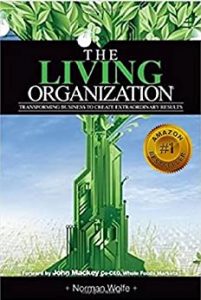
- Free Gift – Download first 3 chapters of The Living Organization
- Book: The Living Organization: Transforming Business To Create Extraordinary Results
Connect With Norman Wolfe
- Website: quantumleaders.com
- LinkedIn – https://www.linkedin.com/in/wolfe
- Facebook – https://www.facebook.com/norman.wolfe.5
- Twitter – https://twitter.com/nswolfe
- YouTube – https://www.youtube.com/channel/UCQyCdGssTxT16WapAL278xQ
Quantum Leaders Links
- LinkedIn – https://www.linkedin.com/company/quantum-leaders/?viewAsMember=true
- Facebook – https://www.facebook.com/quantumleaders/
- Twitter – https://twitter.com/quantum_leaders
- YouTube – https://www.youtube.com/channel/UCbnRB_fX-9ZKMf5hvCwHLKg
Listen on Apple Podcasts, Spotify, Pandora or Stitcher.
Did You Enjoy The Podcast?
If you like this episode let us know! Reviews for the podcast on iTunes are greatly appreciated. This helps us reach more entrepreneurs seeking to make a positive impact in the world. If you received value from this episode, it would mean so much if you could take a moment and leave your 5-star rating and review. You can do that by visiting here. Thank you! Together we can make a difference!
Additional Episodes You May Like
- 338: Jeremy Scrivens: Transforming the Future of Work Through Leadership and Convergence
- 326: Safwan Shah: Providing Faster Paycheck Access for American Workers
- 313: Andrew Hewitt: Changing The Game Of Business For Good
- 299: Nicole Jansen: Celebrating Success and Embracing the Future
- 242: Paresh Shah: Lifter Leadership and a New Model of Business
- 263: Vishen Lakhiani: Facilitating Global Transformation in One Generation
- 214: Jim Jubelirer: Exponential Mindset – How To Thrive As The Pace Of Change Increases
- 209: Ron Carucci: Powering Your Transformation Journey








